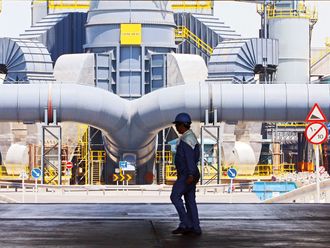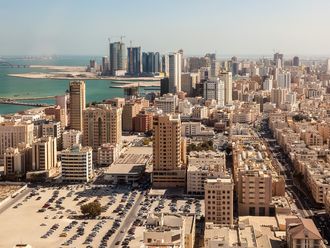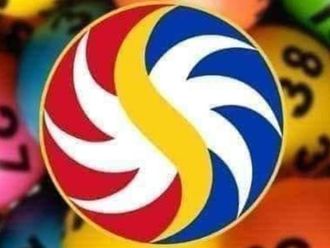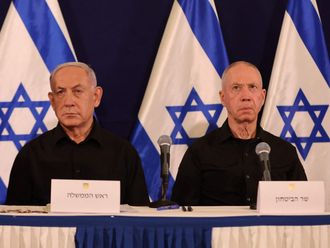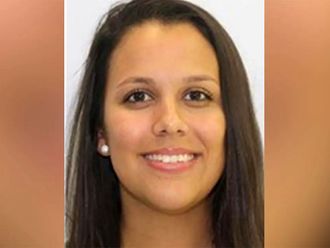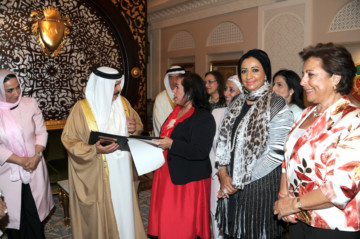
Manama: King Hamad Bin Eisa Al Khalifa has reiterated Bahrain’s support to the empowerment of women.
“Bahrain is constantly striving to involve women alongside men in the nation-building process based on the belief that women are a key element in the development of the country,” King Hamad said. “Bahrain is also eager to open wider areas for Bahraini women to serve their country in the political, economic and social areas. Bahraini women are efficient and competent and they have an important role in the development and prosperity of their homeland and in bringing up their children and offering them sound guidance,” the King said as he received the board members of the newly formed Bahrain Businesswomen Society.
King Hamad said that the participation of women’s societies in international conferences boosts their commitments to the community and helps them to elevate their status.
Bahrain, often cited as a pioneer in the region in championing women’s rights, has been pressing for a greater political, economic and social empowerment of women across all areas.
Last week, the three female cabinet ministers were among the top 16 on the Forbes list of the most powerful Arab women holding public positions.
Sameera Ebrahim Bin Rajab, the state minister for information affairs, Fatima Al Beloushi, the Minister of Social Development, and Shaikha Mai Bint Mohammad Al Khalifa, the Minister of Culture, were highlighted for their influence and power.
The ranking was the latest indication of the success of the national drive to empower women in the kingdom.
Bahiya Al Jishi, the Second Deputy Chairperson of the Shura Council, the appointed chamber of the bicameral parliament, was also on the special list.
Several groups
Alongside the Supreme Council for Women, the official body actively promoting women’s rights and seeking to elevate their status, several groups have been working to help ensure better deals for women in society.
The rising profile of Arab women was internationally acknowledged when Shaikha Haya Bint Rashid Al Khalifa was elected president of the 61st United Nations General Assembly in June 2006.
Bahrain has several women who hold high positions as ministers, ambassadors, diplomats, and judges.
“When we mention Bahrain, we are talking about a country that has, thanks to the reforms launched by His Majesty King Hamad, been witnessing high levels of women’s empowerment,” Maysa Al Thawadi, the acting director of Media Follow-up at the Information Affairs Authority (IAA), said at a GCC Forum last year.
Maysa added: “Bahraini women have been essential partners in drawing up and implementing plans and programmes for a comprehensive development of the country. They have had a pivotal role in the nation-building process, thanks to their full political and economic rights enshrined in the constitution and in laws that promote and defend equality and equal opportunities in line with international standards and criteria. We value highly the efforts of the Supreme Council for Women to elevate the status of Bahraini women and to empower them politically, economically and socially.”
Bahraini women have had wonderful success stories that could inspire and guide generations, she added. “We have three women ministers, one undersecretary, 12 assistant undersecretaries, 17 judges, three ambassadors, and scores of teachers, bankers, journalists and doctors. Women make up more than 35 per cent of the country’s employment force and more than 47 per cent of the public sector. Bahrain has 24 women’s societies. Constitutionally, women have the right to run and vote in parliamentary and municipal elections and their latest achievement in the area is the 15 women who are members of parliament, in both chambers, representing 19 per cent of the total members.”




